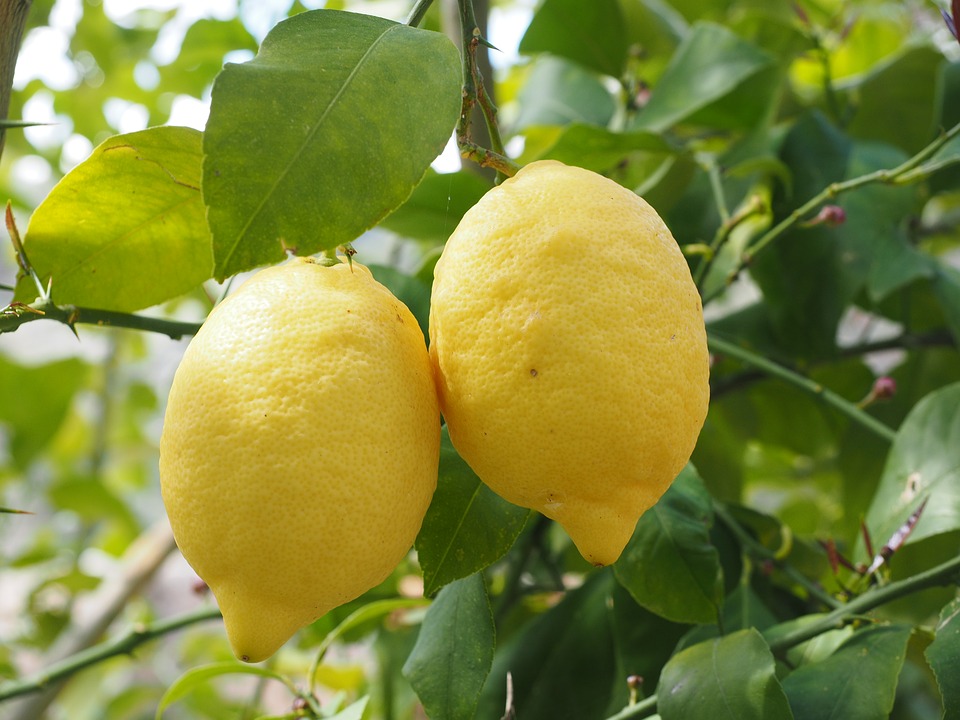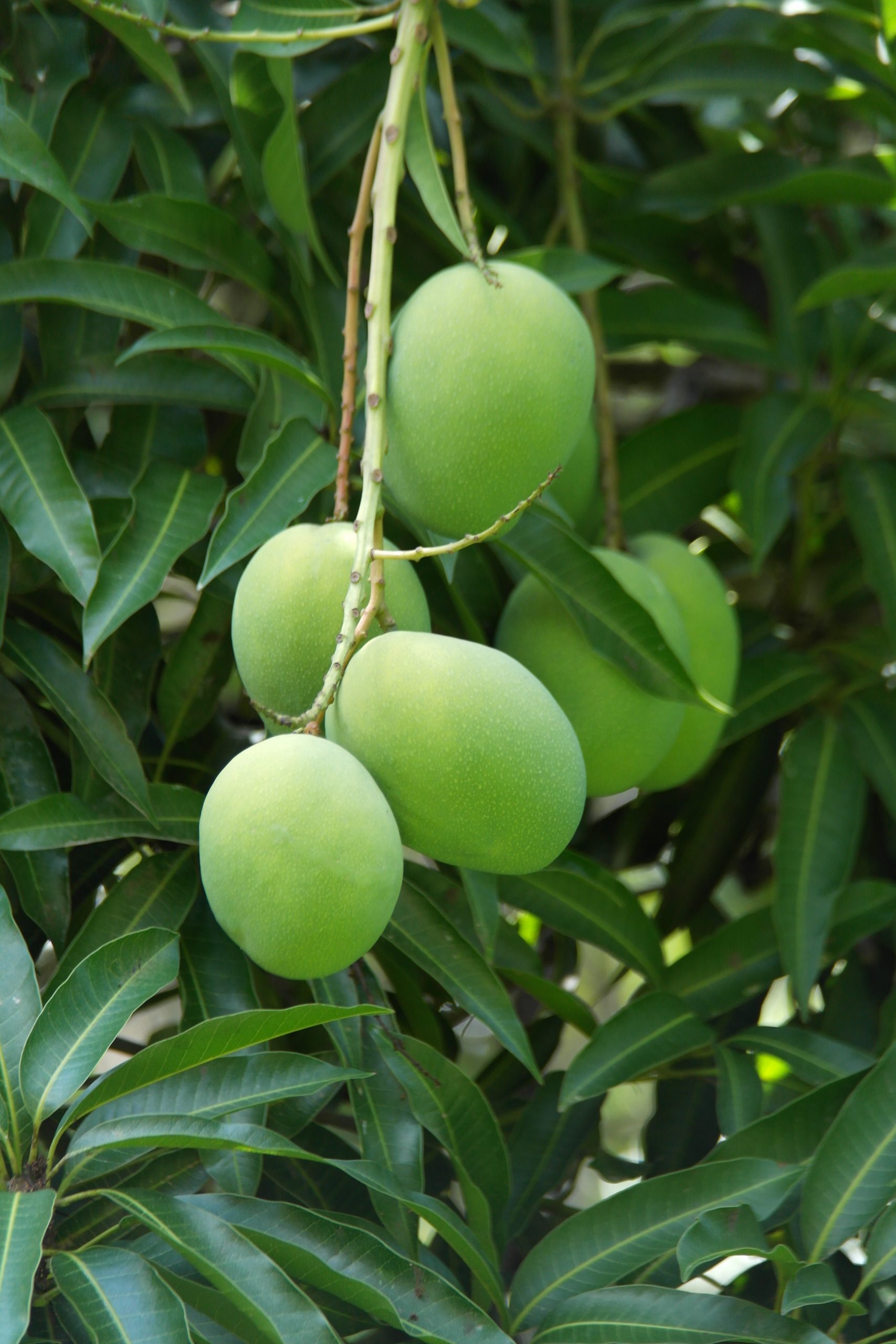
Psoriasis, a chronic skin disorder that results in inflamed, scaly patches, can be a source of discomfort and self-consciousness for many. While there are numerous treatments available, natural remedies like castor oil have gained significant attention in recent years. This comprehensive guide delves deep into the potential benefits, applications, and user reviews of castor oil for psoriasis.
1. The Science Behind Castor Oil
Derived from the seeds of the Ricinus communis plant, castor oil has been used for centuries in traditional medicine. Its rich composition, especially ricinoleic acid, offers a plethora of benefits for skin conditions like psoriasis.
- Natural Moisturizer: One of the primary challenges with psoriasis is the intense dryness of the patches. Castor oil, with its thick consistency, acts as a barrier, locking in moisture and reducing dryness. Over time, regular application can lead to softer, more hydrated skin, alleviating the discomfort associated with psoriasis.
- Anti-inflammatory Benefits: Inflammation is a hallmark of psoriasis. The ricinoleic acid in castor oil possesses potent anti-inflammatory properties. When applied to inflamed patches, it can help reduce redness, swelling, and pain, offering relief to the affected areas.
2. Castor Oil for Scalp Psoriasis: A Deep Dive
Scalp psoriasis can be especially challenging due to its location. The presence of hair can make treatment application difficult, and the visibility of flakes can be a source of embarrassment.
- Deep Penetration for Relief: The molecular structure of castor oil allows it to penetrate deeper layers of the skin. This deep penetration ensures that the oil reaches the affected areas, providing relief from the inside out. Over time, users have reported a significant reduction in the thickness and flakiness of scalp psoriasis patches.
- User Reviews & Anecdotal Evidence: Numerous online platforms, including Reddit, have testimonials from individuals who have found solace in castor oil for scalp psoriasis. Many highlight the reduced itchiness, flakiness, and overall discomfort after consistent use.
3. Jamaican Black Castor Oil vs. Regular Castor Oil: Which is Better?
The processing difference results in two types of castor oil: regular and Jamaican black. But which one is more effective for psoriasis?
- Ash Content & Enhanced Benefits: Jamaican black castor oil is processed differently, resulting in a higher ash content. This ash content, derived from the roasting of the castor beans, is believed to enhance its therapeutic properties, making it especially beneficial for inflammatory conditions like psoriasis.
- Versatility & User Preference: While both oils offer benefits, some users have a preference based on consistency, smell, or perceived effectiveness. It’s essential to experiment and find out which type works best for your skin.
4. Application Tips and Best Practices
Using castor oil for psoriasis requires a methodical approach to reap the maximum benefits.
- Cleanse & Prep the Area: Before applying castor oil, it’s crucial to cleanse the skin to remove any dirt or product build-up. This ensures that the oil is absorbed better and works effectively.
- Gentle Massage for Enhanced Absorption: When applying, ensure you massage the oil gently into the skin. This not only ensures even coverage but also stimulates blood flow, which can aid in healing.
- Consistency for Lasting Results: Psoriasis is a chronic condition, and while flare-ups might reduce, they can come back. Regular application of castor oil can help manage the symptoms and provide consistent relief.
5. Precautions, Side Effects, and Considerations
Natural doesn’t always mean safe. While castor oil is generally considered benign, there are considerations to keep in mind.
- Patch Test for Safety: Before you slather castor oil all over your psoriasis patches, conduct a patch test. This will ensure you don’t have an allergic reaction to the oil.
- Consultation is Key: If you’re on medication for psoriasis, or if your condition is severe, always consult with a dermatologist before incorporating castor oil or any other natural remedy into your regimen.
6. The Broader Picture: Castor Oil in the World of Natural Remedies
In the vast world of natural remedies for psoriasis, where does castor oil stand? It’s undoubtedly among the top contenders, given its dual action of moisturizing and reducing inflammation. However, like all-natural remedies, it’s essential to remember that individual experiences may vary. While some might find profound relief with castor oil, others might benefit more from alternatives like coconut oil or aloe vera.
By diving deep into the world of castor oil and its potential benefits for psoriasis, readers can make informed decisions tailored to their needs. Whether you’re considering castor oil as a primary treatment or a complementary one, knowledge is your best ally in the journey towards relief.
FAQ Section
1. What makes castor oil effective for treating psoriasis?
Castor oil is rich in ricinoleic acid, a fatty acid known for its anti-inflammatory properties. This, combined with its natural moisturizing capabilities, makes it a potential remedy for the dryness and inflammation associated with psoriasis.
2. How often should I apply castor oil to my psoriasis patches?
For optimal results, it’s recommended to apply castor oil to the affected areas daily, especially after bathing when the skin is most receptive to moisture. Consistency is key, and over time, you may notice a reduction in the severity of your symptoms.
3. Are there any differences between Jamaican black castor oil and regular castor oil in treating psoriasis?
Jamaican black castor oil and regular castor oil both offer benefits for psoriasis due to their moisturizing and anti-inflammatory properties. However, Jamaican black castor oil has a higher ash content from its processing, which some believe might enhance its therapeutic properties for inflammatory conditions like psoriasis.
4. Can I use castor oil in conjunction with my prescribed psoriasis treatments?
While castor oil is a natural remedy and generally safe, it’s always a good idea to consult with a dermatologist before combining it with prescribed treatments. This ensures there are no adverse interactions or counterproductive effects.
5. I’ve heard about castor oil causing allergic reactions. How can I ensure it’s safe for me?
Before applying castor oil extensively, it’s advisable to conduct a patch test. Apply a small amount of the oil to a discreet area of your skin and wait for 24 hours. If there’s no adverse reaction, it’s likely safe for broader use. However, always listen to your body and discontinue use if any irritation occurs.
6. Besides psoriasis, are there other skin conditions that can benefit from castor oil?
Yes, castor oil has been used traditionally for a range of skin conditions, including eczema, acne, and skin inflammation. Its moisturizing and anti-inflammatory properties make it a versatile remedy for various skin concerns.
7. How long should I expect to see results after using castor oil for my psoriasis?
The timeline for results can vary based on the individual and the severity of the condition. Some users report noticeable improvements within weeks, while others might need consistent application over several months to see significant changes.
Blog Tags
Castor Oil, Psoriasis Treatment, Natural Remedies, Scalp Psoriasis, Jamaican Black Castor Oil, Skin Inflammation, Ricinoleic Acid, Moisturizing Benefits, Anti-inflammatory, Chronic Skin Condition, Alternative Treatments, Skin Care, Dermatology, Home Remedies, Natural Skin Relief.













